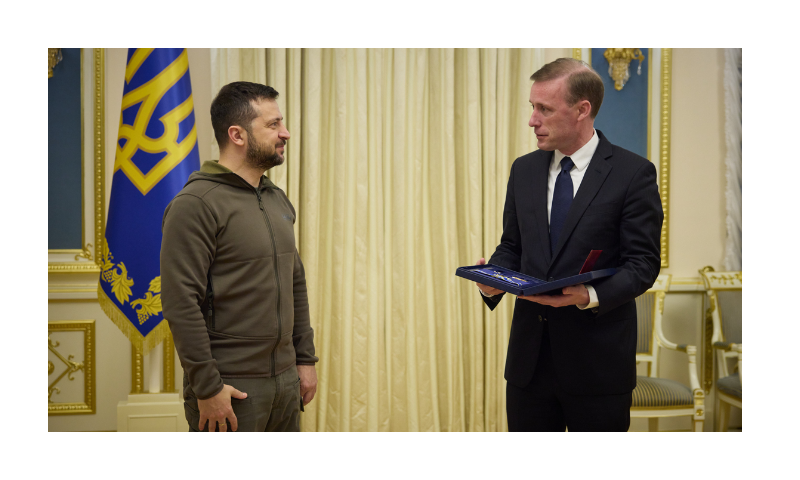Jeffrey Mankoff
Foreign Policy Research Institute, Jan. 25, 2023
“The most serious realist objection to continuing US support for Ukraine centers on the prospect that the conflict will escalate.”
The scope of the Biden administration’s response to the invasion of Ukraine has already exceeded what many observers—not to mention Russia’s leadership—expected. From intelligence sharing with Kyiv ahead of the invasion to the imposition of unprecedented sanctions on the Russian economy to the provision of increasingly capable weaponry to Ukraine’s armed forces, the United States has been critical to the failure of Russia’s “special military operation” to achieve its objectives. Despite US support and Ukrainian valor, the war is now approaching a second year, and several observers in the United States and in Europe have become increasingly alarmed at the consequence of a longer war.
Amid these concerns, some of the most trenchant criticisms of the Biden administration’s Ukraine policy have come from self-described realists. The realist paradigm, widely taught in international relations courses, describes the international system as anarchic, with states ruthlessly pursuing their own interests. It is critical of states and leaders who allow wooly ideological commitments to get in the way of this pursuit of realpolitik. Realism and realists are by nature cautious, wary of grand crusades and cognizant of the fact that problems in international relations are rarely “solved,” but must be managed over time. While these considerations have led many realists to call for greater restraint in aiding Ukraine, a strong realist claim can be made that the United States should continue its forthright support of Ukraine’s effort to drive the Russian occupiers out of its territory.
While Europe has a long tradition of realpolitik, in the United States, realism has always had a stronger presence in the academy than in government. It has enjoyed something of a revival in recent years as a response to the ideological overstretch of the war on terror. Today, self-identified realists—both scholars like Stephen Walt and John Mersheimer and practitioners, notably Henry Kissinger—have warned of the potential risks posed by the administration’s sustained support for Kyiv.
… [To read the full article, click here]


